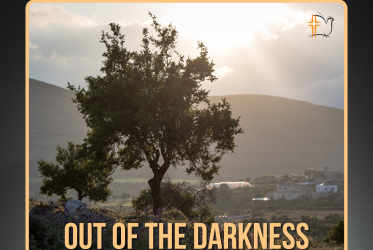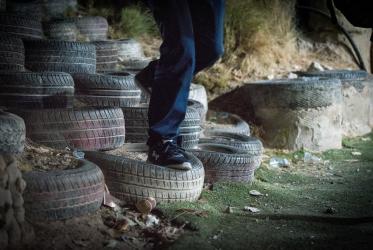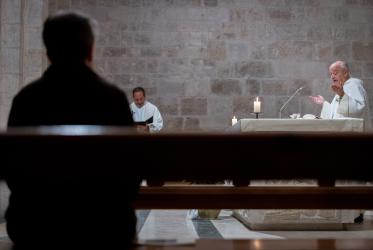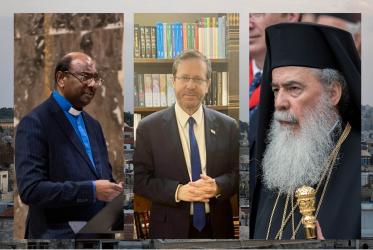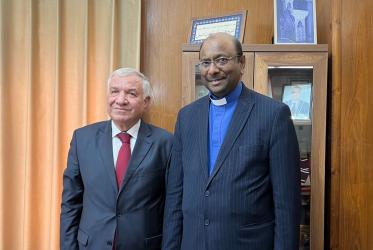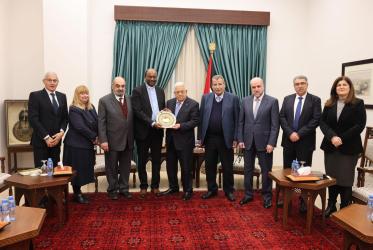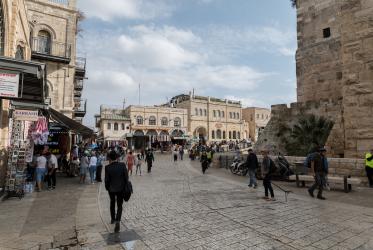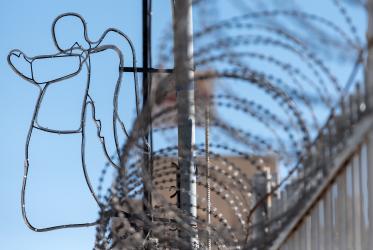Displaying 1 - 20 of 289
WCC condemns killing of aid workers in Gaza
03 April 2024
Words of steadfastness ring from the rubble
21 March 2024
Women and children in Gaza bearing brunt of ongoing war
16 January 2024
WCC calls for immediate end to brutal violence in Gaza
30 December 2023






